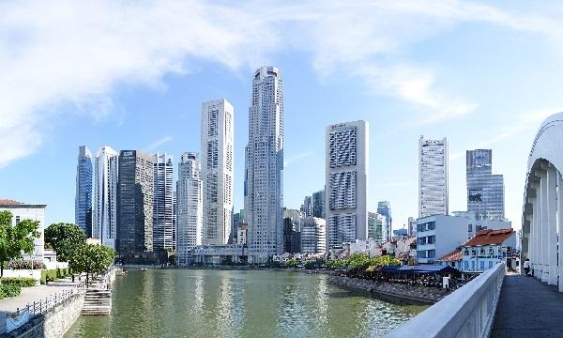
Challenging times ahead for Singapore's banking industry
Delinquencies are sighted to rise from SMEs, large corporates, and retail customers.
Singapore banks’ problem loans are expected to accelerate and cause their profits to deteriorate, according to a note by Moody’s Investors Service.
In a note, the credit ratings agency changed the outlook for the local banking industry from stable to negative, on the back of the material economic slowdown and a decline in interest rates in Singapore and across Asia, as a result of the coronavirus outbreak.
The agency expects domestic loan growth to be “very limited” in 2020. Problem assets are also sighted to increase as delinquencies grow amongst small and medium-sized enterprises (SMEs) and large corporates. Further weighing in is the weak employment conditions in the country, which will result in a rise in impairments of personal unsecured loans.
Even the wealth management segment, which has been identified by many of the world’s biggest banks as a key for expansion, will record slow growth in 2020.
“Credit costs will rise as asset quality worsens while interest rates will decline due to monetary easing, weighing on net interest margins. Growth in wealth management income will also slow as new sales decline in highly volatile financial markets,” Moody’s said in a note.
On the upside, select Singaporean banks—DBS, OCBC, UOB, Standard Chartered Singapore, and Bank of Singapore—boast strong liquidity coverage and high net stable funding rations that exceed 100%.
These banks’ reliance on wholesale funding is low and they all have a large proportion of liquid assets.
The government is also highly likely to support the largest domestic banks when needed.
“Given the banks' systemic importance and the government's fiscal strength and ample reserves, the government is highly likely to support the largest domestic banks when needed. Even though Singapore introduced an enhanced resolution regime for banks in 2018, it does not subject banks’ existing and prospective senior creditors and depositors to bail-in,” the note added.
Moody’s has also changed its outlook on 12 Asia Pacific banking systems to negative, in light of the coronavirus outbreak and broad economic deterioration.






















 Advertise
Advertise








